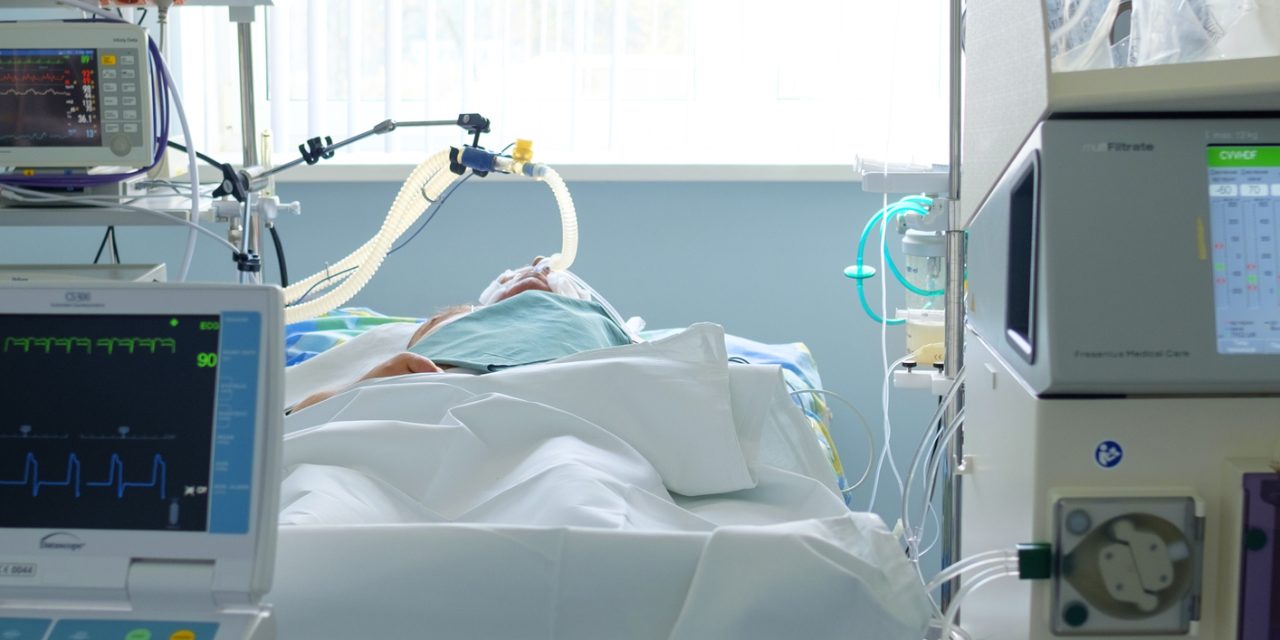Patients with ischaemic stroke or transient ischaemic attack (TIA) are at high risk of recurrent stroke and other cardiovascular diseases and commonly suffer from reduced quality of life. We aimed to determine whether the disease management programme STROKE-CARD can prevent cardiovascular diseases and improve quality of life in these patients.
In this pragmatic open-label two-centre randomised controlled trial with blinded outcome assessment, we randomly assigned patients with acute ischaemic stroke or TIA (ABCD score ≥3) in a 2:1 ratio to receive STROKE-CARD care or standard care. STROKE-CARD care is a disease management programme by a multidisciplinary stroke team that comprises a standardised 3-month visit and access to a web-based patient portal targeting risk factor management, post-stroke complications, comorbidities and cardiovascular warning signs, rehabilitation demands, and patient education, counselling, and self-empowerment. Co-primary outcomes were analysed on an intention-to-treat basis and were: (i) major cardiovascular disease events defined as nonfatal ischaemic or haemorrhagic stroke, nonfatal myocardial infarction, or vascular death occurring between hospital discharge and 12 months; and (ii) health-related quality of life at 12 months quantified with the EuroQol-5-Dimensions-3-Levels (EQ-5D-3L) overall utility score. This trial is registered with ClinicalTrials.gov, number NCT02156778.
Of 2149 patients enrolled between January 2014 and December 2017 (mean age 69 years, 41% female, 83% with ischaemic stroke, 17% with TIA), 1438 were assigned to STROKE-CARD care and 711 to standard care. Major cardiovascular disease events occurred in 78 patients in the STROKE-CARD care group (5.4%) and in 59 patients in the standard care group (8.3%) (hazard ratio, 0.63; 95% confidence interval: 0.45-0.88; P=0.007). STROKE-CARD care also led to a better EQ-5D-3L overall utility score at 12 months (P<0.001). Among pre-specified secondary outcomes, STROKE-CARD care improved all individual EQ-5D-3L dimensions and functional outcome on the modified Rankin Scale at 12 months. Post hoc explanatory analyses identified considerable demands for additional rehabilitation and refinement of preventive therapy regimes at the 3-month visit and high proportions of post-stroke complications and warning signs of imminent cardiovascular diseases within the first three months.
The pragmatic and easily implementable STROKE-CARD care programme reduced cardiovascular risk and improved health-related quality of life and functional outcome in patients with acute ischaemic stroke or TIA.
Tirol Kliniken, Tyrolean Health Insurance Company, Tyrol Health Care Funds, Boehringer Ingelheim, Nstim Services, Sanofi, Bayer Healthcare.
© 2020 The Author(s).
STROKE-CARD care to prevent cardiovascular events and improve quality of life after acute ischaemic stroke or TIA: A randomised clinical trial.


